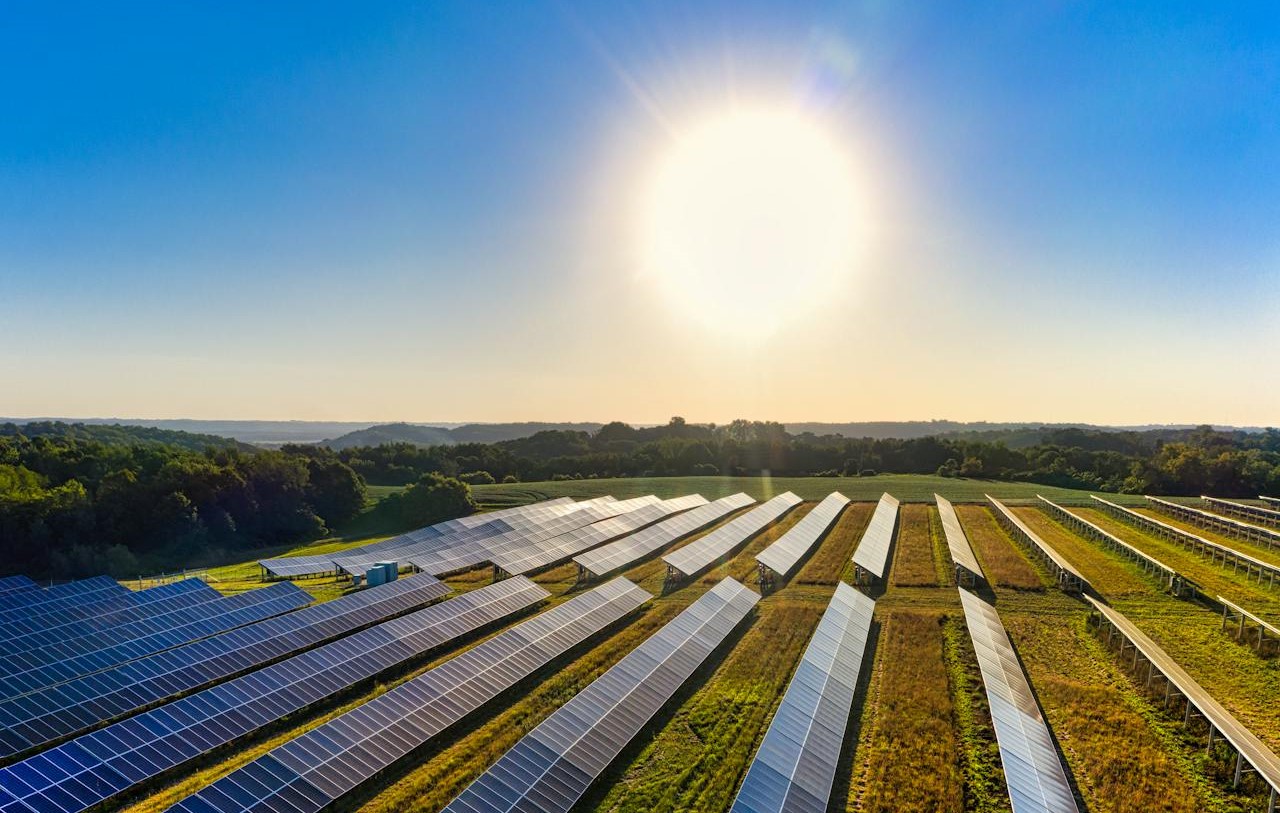
The new facility will directly serve the company's petrochemical plant.Continue reading

MOL has significantly boosted its renewable energy production by acquiring Naperőmű Farm, a company developing a 66 MW solar power plant in Ballószög, central Hungary. This acquisition more than doubles MOL’s current solar energy capacity, marking a major milestone in its renewable energy strategy.
The trial operation of the Ballószög solar farm is set to commence in January 2025, with electricity generated being sold through Alteo Energiaszolgáltató. The solar farm, built by Optimum Vogt, a subsidiary of Ib vogt Gmbh, spans 100 hectares and comprises 113,000 solar panels. These advanced panels are equipped with sun-tracking technology, maximizing energy production and efficiency even during suboptimal conditions.
The facility’s output is estimated to meet the electricity needs of 20,000 average Hungarian households.
Currently, the MOL Group operates six solar parks in Hungary with a combined capacity of 31.5 MW, alongside 13.6 MW of capacity in Croatia. The company plans to expand its renewable generation capacity to 200 MW by 2026. As part of this plan, MOL Petrolkémia is constructing a 48 MW solar farm in Tiszaújváros (northern Hungary), expected to be operational by mid-2026.
Péter Labancz, managing director of MOL Group’s industrial and corporate services, emphasized that increasing renewable energy sources is a cornerstone of the company’s strategy. “These investments not only reduce the carbon footprint of our industrial operations, but also provide green electricity to businesses and households through the public grid,” Mr. Labancz said.
MOL’s commitment to sustainability extends beyond solar energy.
In the autumn, trial production began at Central and Eastern Europe’s largest green hydrogen plant in Százhalombatta, inaugurated earlier this year.
With a capacity of 10 MW, the facility will produce 1,600 tons of carbon-neutral hydrogen annually for fuel production. Similar projects are planned for Rijeka, Croatia, and Bratislava, Slovakia, underscoring MOL’s vision for a greener future.
This expansion aligns with MOL’s broader goal to support the transition to cleaner energy while meeting growing electricity demands. By leveraging state-of-the-art technology and sustainable solutions, the company is taking significant steps toward a low-carbon energy landscape in Hungary and the region.
Via MTI; Featured image via Pexels